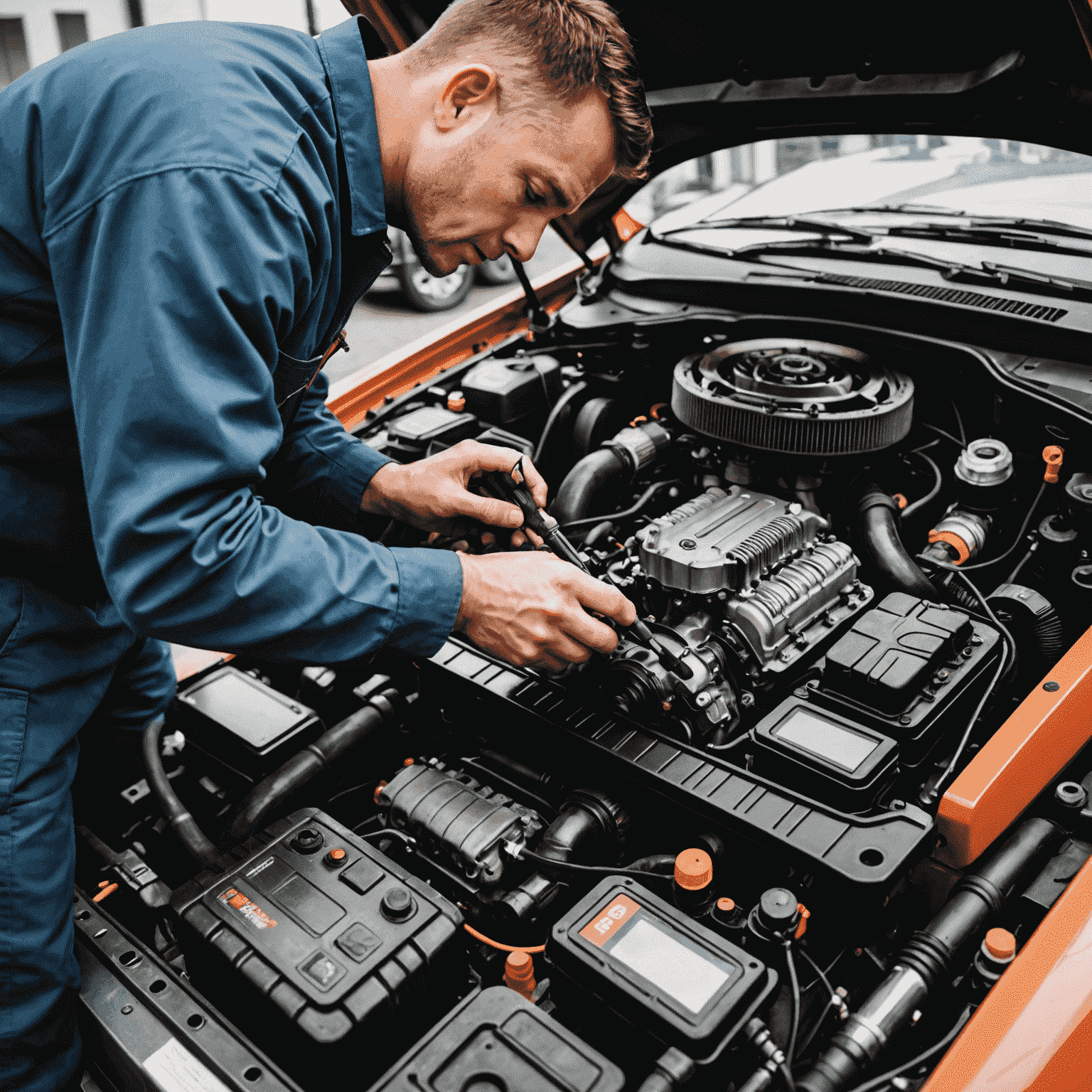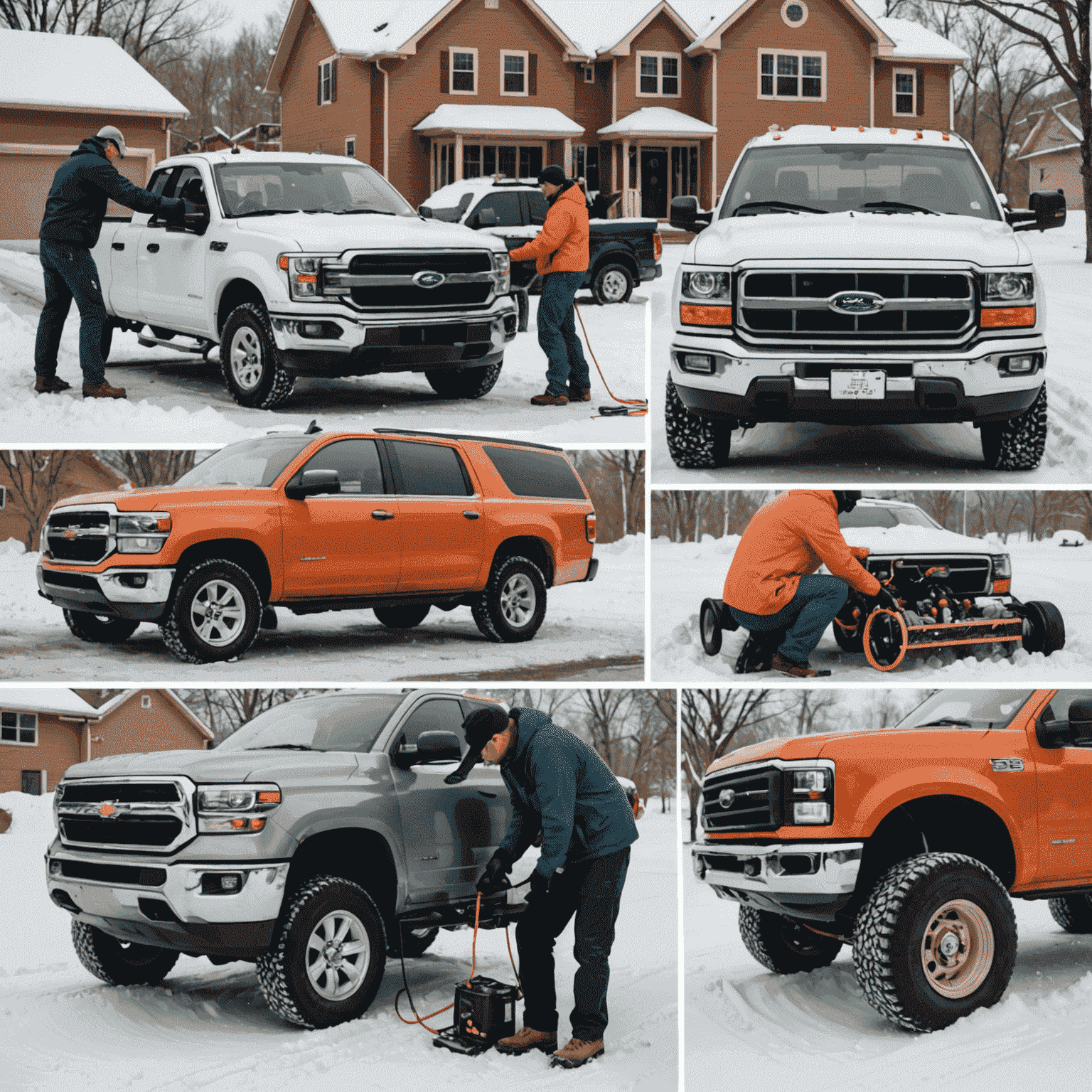Vehicle Maintenance: Keeping Your Ride in Top Shape

Regular vehicle maintenance is crucial for ensuring your car's longevity, performance, and safety on the roads. As drivers, it's our responsibility to keep our vehicles in top condition. Let's explore some expert tips and essential maintenance practices that every driver should know.
Routine Checks: Your First Line of Defense
Performing regular checks can prevent minor issues from becoming major problems. Here's what you should routinely inspect:
- Oil level and quality
- Tire pressure and tread depth
- Brake fluid level
- Coolant level
- Windshield washer fluid
- Battery condition
Preventive Maintenance: Staying Ahead of the Curve
Preventive maintenance goes beyond routine checks. It involves scheduled services that keep your vehicle running smoothly:
- Oil Changes: Regular oil changes (typically every 3,000-7,500 miles) ensure your engine stays lubricated and clean.
- Tire Rotation: Rotating your tires every 5,000-8,000 miles promotes even wear and extends tire life.
- Brake Service: Have your brakes inspected regularly and replace pads when necessary.
- Air Filter Replacement: A clean air filter improves fuel efficiency and engine performance.
- Fluid Flushes: Periodically flush and replace transmission fluid, brake fluid, and coolant.
Pro Tip for Drivers
"Keep a maintenance log in your vehicle. Record all services, repairs, and even fuel fill-ups. This log can be invaluable for tracking your car's health and can even boost its resale value!"
Seasonal Maintenance: Adapting to the Elements
Don't forget to prepare your vehicle for changing seasons:
- Spring: Check air conditioning, replace wiper blades
- Summer: Inspect cooling system, check battery
- Fall: Check heater and defroster, inspect lights
- Winter: Install winter tires, check anticomplimentaryze levels

The Benefits of Diligent Maintenance
By following these maintenance guidelines, you'll enjoy numerous benefits as a driver:
- Improved safety on the roads
- Better fuel efficiency
- Reduced risk of breakdowns
- Lower long-term repair costs
- Extended vehicle lifespan
- Higher resale value
Remember, a well-maintained vehicle is not just about saving money or ensuring reliability. It's about taking pride in your ride and being a responsible driver on the roads we all share.
Final Thought
"Your vehicle takes care of you on every journey. Return the favor by giving it the attention and care it deserves. Happy driving!"